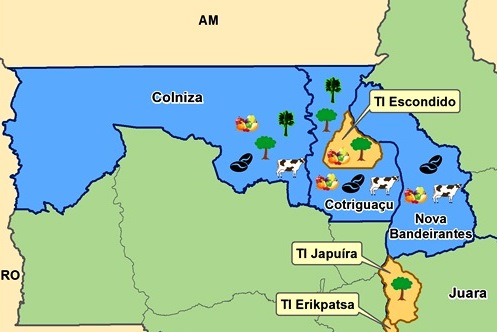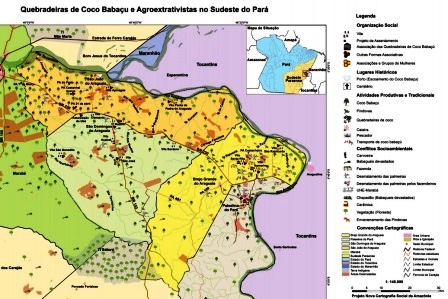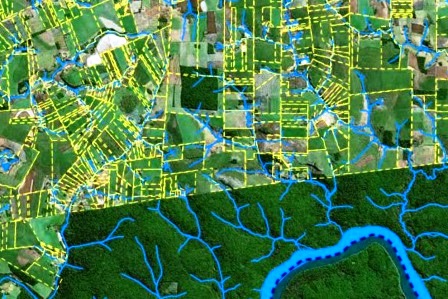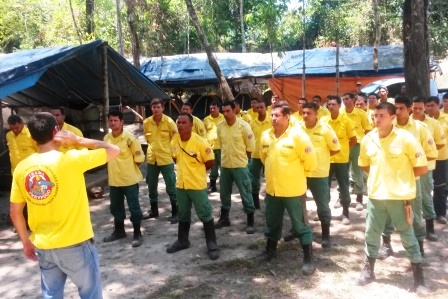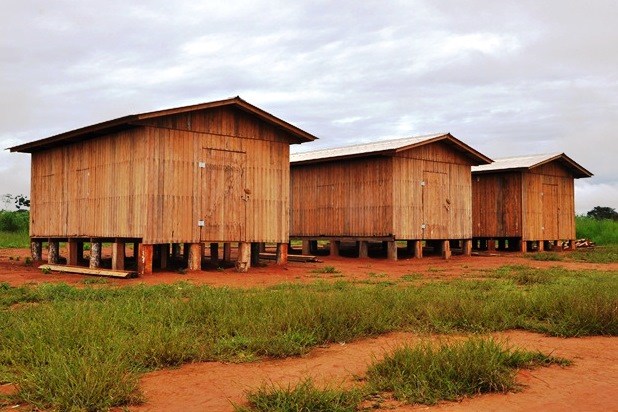CONTEXTUALIZATION
The Rural Environmental Registration (CAR) consists of electronically registering geo-referenced area information on rural properties, delimiting the Permanent Protection Areas (APP), Legal Reserves (RL), any remaining native vegetation, the consolidated rural area, areas of social interest and those for public use, aimed at designing a digital map to calculate the values of areas for environmental diagnosis.
With the enactment of the new Forest Code (Act Nº 12,651/2012), the CAR was instituted as a nationwide public electronic registration that is mandatory for all rural properties, aimed at integrating environmental information on rural properties and bailments (temporarily-owned land), building a database for environmental and economic control, monitoring, planning, as well as combating deforestation.
In the state of Bahia, the Rural Environmental Registration has been undergoing implementation since 2012, using the name State Forest Registration of Rural Property (CEFIR), as established in the State Law Nº 10,431, of December 20, 2006.
The CAR in the state of Bahia, besides meeting the requirements established in the new code, includes the request for environmental licensing and the right to use water resources. The state plans for the CAR to become an instrument which receives and approves all permits that require authorization from an environmental organ.
The project in question is part of the state’s strategy to implement the CAR, as it aims to help the enrollment of 136,000 rural properties of up to four government-established land modules (all state have different measurements), as well as improving infrastructure and training public agents.
THE PROJECT
The project is part of the state’s strategy for implementing the Rural Environmental Registry (CAR), as it aims to support the registration of 399,918 rural properties of up to four fiscal modules, as well as the registration of Quilombola Community territories. Additionally, it seeks to enhance infrastructure and the training of public agents.
The project is structured into two components:
- improving infrastructure and training public agents to implement and manage the CAR, and
- promoting and supporting enrollment in the CAR.
Support for the first component will include the acquisition of satellite imagery and IT equipment, while support for the second will involve the registration of rural properties up to four fiscal modules and territories of Quilombola Communities, in addition to communication and mobilization activities.
INTERVENTION LOGIC
The project falls within the "Monitoring and Control" (2) component of the Amazon Fund's Logical Framework.
Click on the following image to view its objectives tree, that is, how the project's outputs and linked to the expected outcomes and impact.




